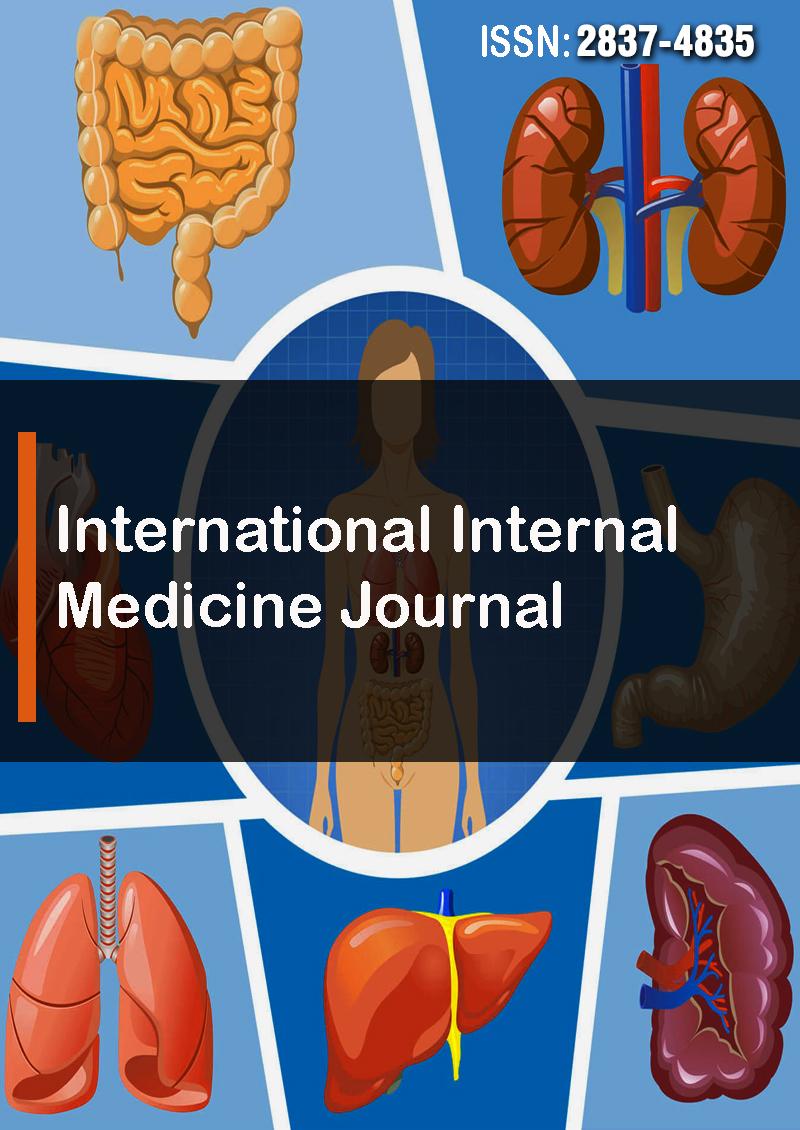Multidimensional Approach for Managing Cognitive Dysfunction in Aging Adults
Abstract
Chiraag Ashokkumar, Shweta Kalita and Nikita Mehdiratta
The rapidly aging global population has led to an increase in age-related neurodegenerative diseases such as Alzhei- mer's disease and dementia, highlighting the urgent need to address cognitive impairment. This research paper outlines a comprehensive narrative of multidisciplinary approaches to treat cognitive impairment in older adults. This review focuses on pharmacological interventions, non-pharmacological interventions, and novel treatments. A systematic search of electronic databases was performed to identify relevant articles and scored against pre-defined inclusion and exclusion criteria. Data from selected studies were combined and grouped into different sections to highlight different strategies used to treat cognitive impairment. The results highlight the importance of individualized care planning, close monitor- ing, and collaboration between health professionals, patients, and caregivers. Pharmacological interventions, such as cholinesterase inhibitors and memantine, play an important role but have variable efficacy and potential side effects. Nonpharmacological interventions such as cognitive stimulation, physical activity, diet and social support have shown beneficial effects on cognitive function and overall well-being. Integrating different interventions into individual care plans can improve treatment effectiveness and quality of life. In addition, new therapeutic modalities such as non-invasive brain stimulation and disease- modifying therapies are also promising but require further research. This research paper highlights the importance of an interdisciplinary approach, future research areas, and the social and economic impor- tance of treating cognitive impairment in the elderly. By adopting a holistic paradigm, medical professionals can manage the complexities of cognitive impairment and improve the lives of those affected.



